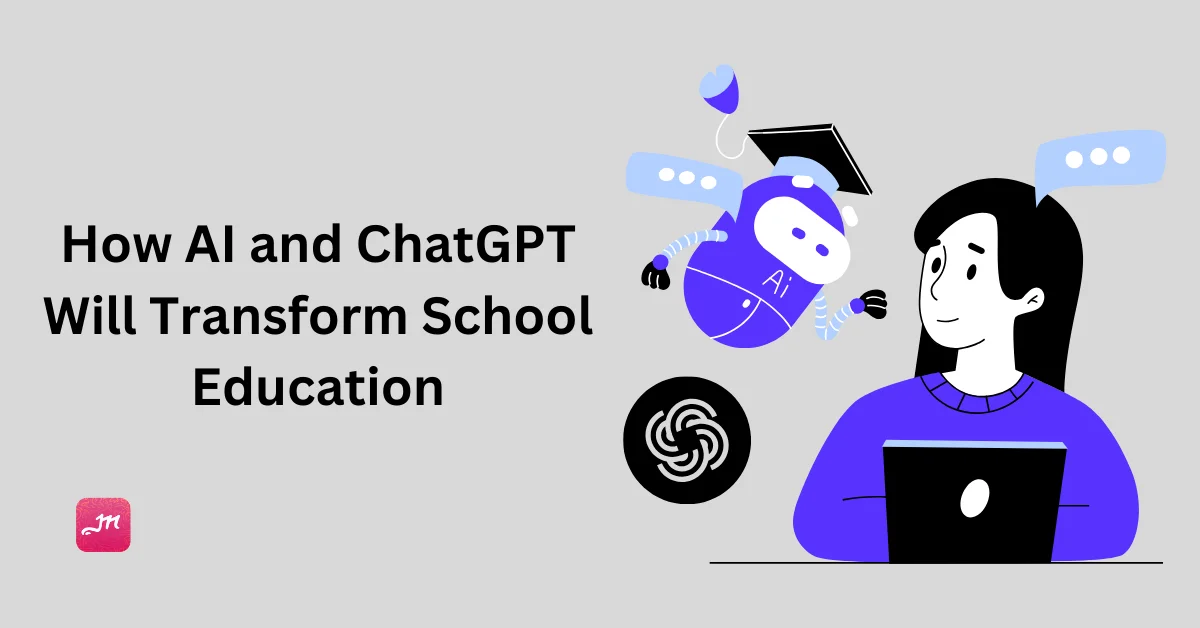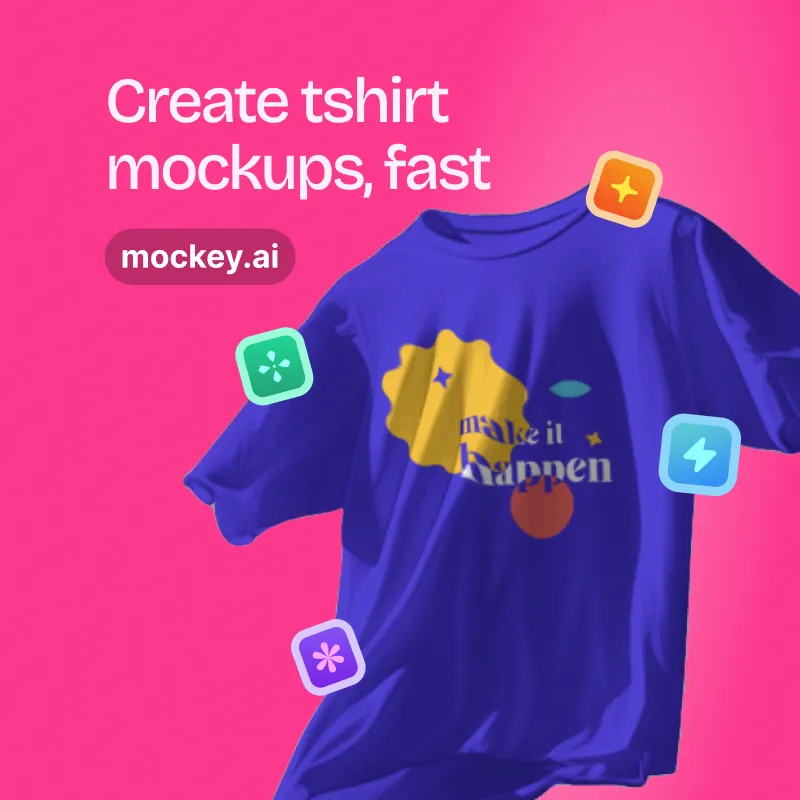Artificial intelligence and technological innovations change our lives daily and much more rapidly. There is even no industry that is not affected by these changes. School education is no exception in tis row. One of the most striking examples in this area is ChatGPT. A model from OpenAI that can provide information and help students learn in a variety of ways. As this technology development field is not just standing still but keeps improving, we will consider how AI will change education. Meanwhile, we will discuss potential problems and challenges related to this field.
Table of Contents
Education and Technological Breakthrough in It
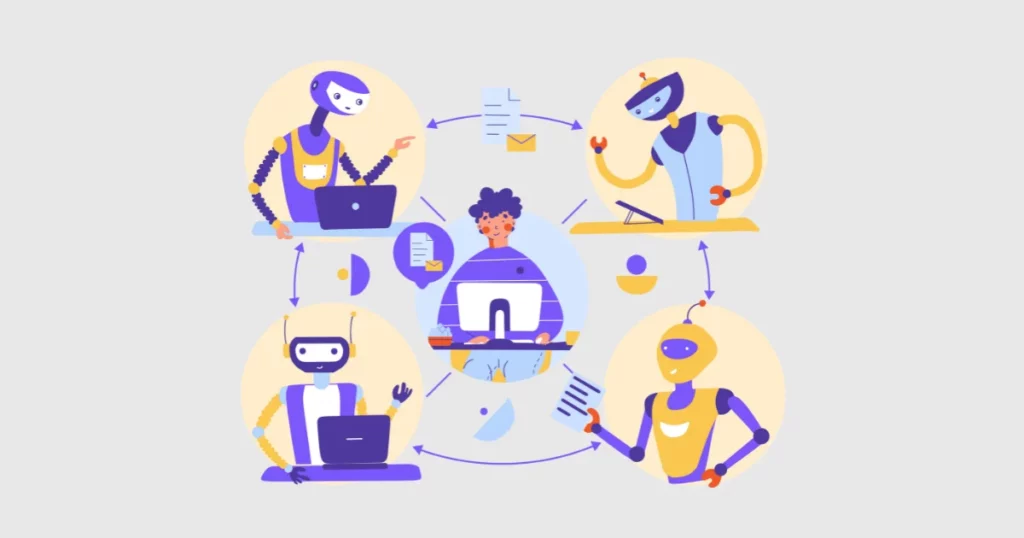
AI can significantly change many things, including the approach to education. It offers new opportunities to improve the efficiency of the learning process. From personalized learning programs to automated assessments. And that’s not all its capabilities. Using ChatGPT helps students find information faster. That is, to get instant answers to questions. This contributes to a more interactive and convenient learning experience. Thus, we can see that the future of AI in education is promising.
AI-powered tools, like a screen recorder, can make learning even more efficient. With features like real-time transcription and automatic video creation, they help educators create accessible content quickly. A screen recorder powered by AI can take lessons and turn them into interactive videos, helping students learn in new ways.
However, it is worth noting that the growing popularity of AI also brings new issues and challenges. We will discuss them below, as they relate to academic integrity and not only. Nevertheless, we can say with certainty that if students have a write my paper for me or my paper help request, it is essential to choose a professional service that has earned an excellent reputation for its qualified writers who are experts in various areas of writing assignments or other academic papers. By choosing such a service, students can rest assured that they will get their papers in compliance with the requirements of the educational institution. Those ones will also be structured, well-written, properly formatted and delivered on time. Thus, the latest technologies serve in a positive way.
Interactive learning and accessibility
Thanks to the skillful use of ChatGPT and other AI tools, students can access a large amount of information and learning materials. Such assistance can be divided into three areas:
- Help in explaining complex concepts
- Recommendations for further learning
- Offering individualized assignments
Such approaches will be especially useful for those students who need additional support or have special educational needs. This is where we see the benefits of combining ChatGPT and education.
Challenges of Using AI in Education
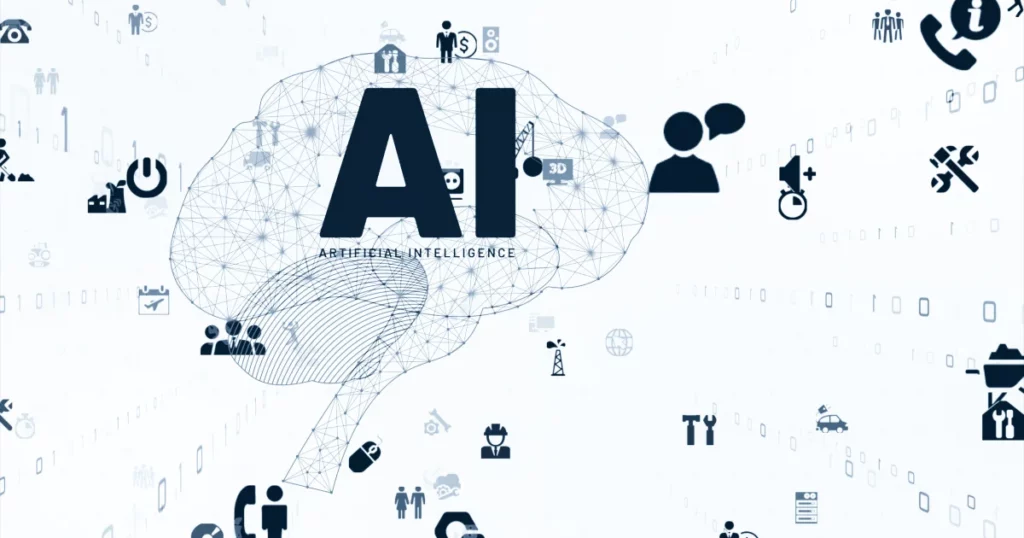
Academic integrity
With the advent of tools like ChatGPT, the next logical question arises. Can teachers detect the use of AI in student work? After all, technologies that provide ready-made answers can encourage lazy or overworked students to cheat or use inauthentic materials. So, the following question becomes relevant. Can teachers detect chat GPT?
In this regard, an important task for educational institutions is to develop effective methods to prevent academic fraud. For example, the use of specialized software to detect texts written with the help of AI. Such programs can analyze the structure of the text, as well as the writing style, and identify inconsistencies, if any.
It can also be the use of blockchain technologies to verify the authenticity of student work. This allows tracking the history of document creation and editing, preventing unauthorized changes.
Technical and ethical aspects
Another important aspect is the potential problems and limitations. Therefore, such questions as how to break chat GPT and chat GPT issues must be addressed by developers to ensure the reliability and ethical use of the proposed technologies. After all, there used to be such a thing as plagiarism, and it was strongly condemned in academic and scientific circles. AI tools can be no exception, if they are used unskillfully and thoughtlessly.
It should also be remembered that AI, especially non-advanced AI, and the usual free versions of its derivative tools, can interpret queries incorrectly. This includes providing inaccurate information with confusion about dates, pronunciation of surnames, etc. All of this directly affects the final result, such as the quality of learning.
Future of AI in education
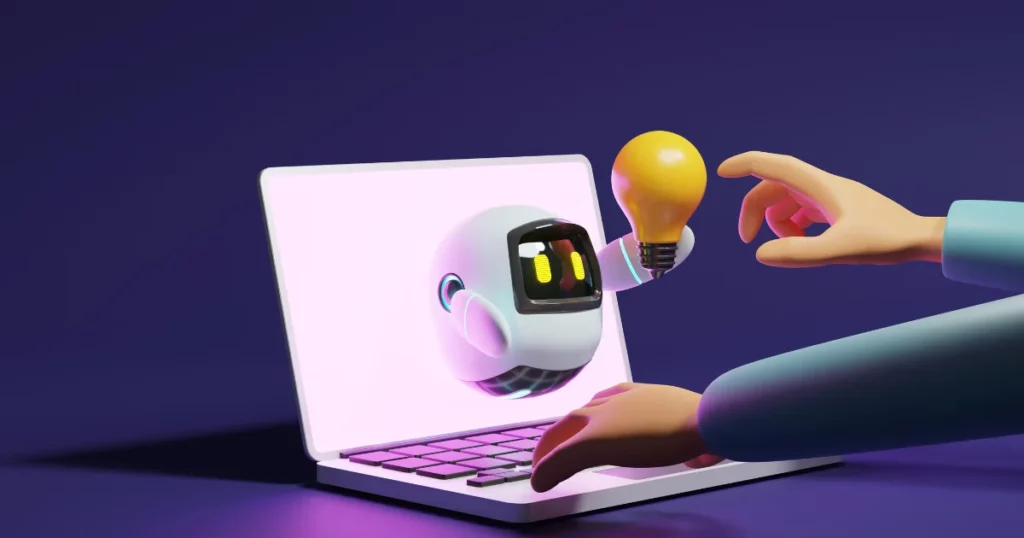
Great and wide potential
The future of AI in education is a topic of numerous discussions among regular users and experts.
- Automation. Experts predict that AI can not only assist in education but also automate administrative tasks on a qualitatively new level. We are talking about managing schedules, processing test results, and even assisting in the development of educational materials. This will allow teachers to focus on creative teaching. As a result, they could interact more with students.
- Critical thinking. ChatGPT can also help students develop critical thinking skills. As they can get different points of view on the same issue.
- Accessibility and adaptability. AI can make learning accessible to a wider audience. Namely, for students with disabilities or those living in remote regions. All this is possible thanks to interactive lessons and virtual classrooms modern students have. It is also possible thanks to adaptive curricula that adjust to the pace of learning of each student.
It will also be possible to support teachers, because with the help if AI technologies they may create in-depth learning materials and provide a deeper understanding of individual student needs.
Warnings
However, it is vital to realize the potential risks. Those ones associated with the use of AI for educational purposes. In particular, there are concerns about AI cheating and the use of cheating apps for school. Students can use these technologies to circumvent academic integrity. As a result, it can lead to grades distortion and even knowledge underestimation.
That is why it is extremely crucial to introduce new technologies in accompany with the development of appropriate policies to maintain academic integrity and ethics.
AI systems can collect large amounts of personal data to analyze and personalize learning. Therefore, there are also concerns about the privacy and security of student data.
It is crucial for educational institutions to develop clear policies on the collection, storage, and use of their students’ data to prevent data loss and leakage. This is the only way colleges and universities can protect the privacy of their learners and at the same time comply with legal requirements.
Summary
Artificial intelligence and technologies based on it have the potential to significantly change education. They are already doing so successfully. This is particularly noticeable in the direction of greater accessibility for learners and individualization of educational processes. However, as always, along with opportunities, new challenges arise. Among the most important are the issues of academic integrity and ethics of using AI. Nevertheless, with a comprehensive approach and systematic work on the part of teachers and colleges, we may overcome all these challenges. Thus, for the successful integration of these technologies into the educational system, it is necessary to develop appropriate policies and guidelines. Also, to prepare teachers and students to work in the new environment.
